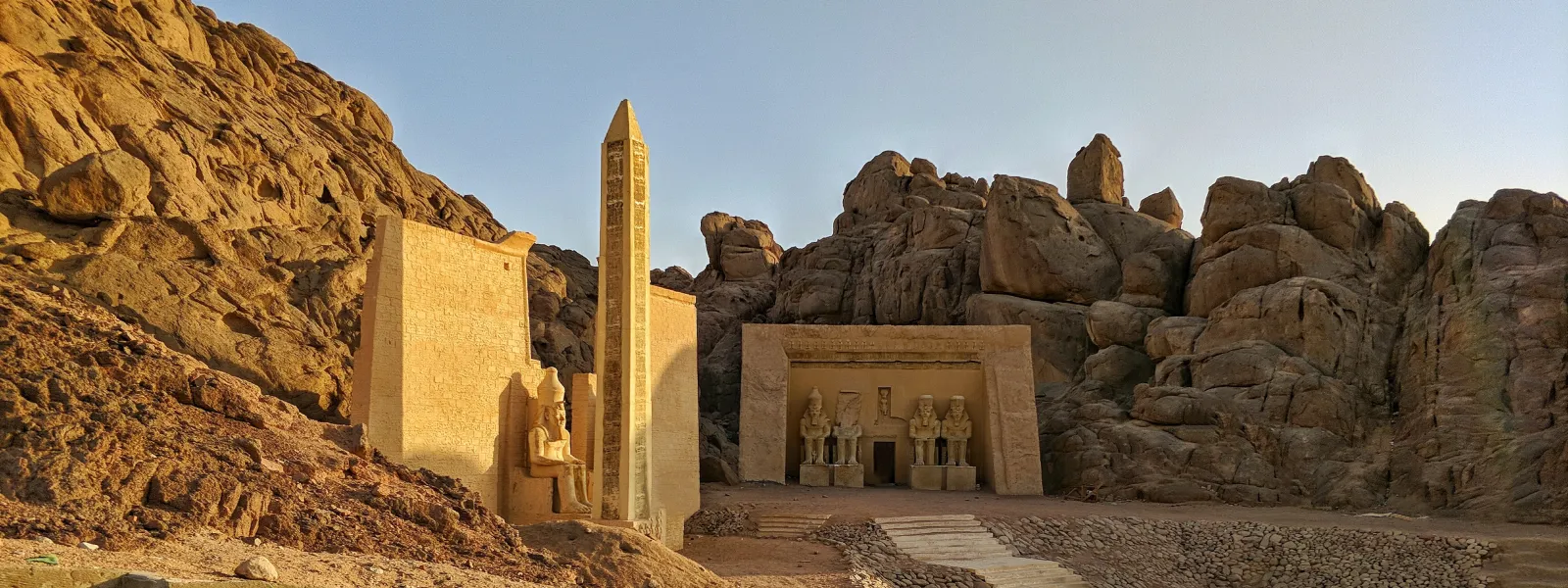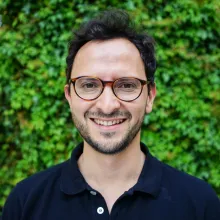
Headed for Egypt: What can we expect from COP27?
Photo: Pavlo Rekun on Unsplash.By Javier Dávalos, Liliana Ávila and Verónica Méndez*
The context in which the 27th United Nations Climate Change Conference (COP27) is taking place—from November 6 to 18 in Sharm El-Sheikh, Egypt—is not particularly encouraging.
It will not be easy to address the return to intensive use of fossil fuels in several countries—largely motivated by the economic crisis from the pandemic and the conflict between Russia and Ukraine—and the growing reports of increasingly intense and frequent extreme events due to climate change.
At the same time, however, the climate movement is growing stronger, along with the need for systemic and concrete changes. COP27 is a new opportunity for nations to respond with action to the demands of their citizens.
At the previous COP in Glasgow, leaders decided that countries should adopt more ambitious measures to combat climate change and comply with the Paris Agreement: to limit global warming to far below 2°C, preferably at 1.5°C, above pre-industrial levels.
AIDA will participate in COP27 as an accredited observer, along with our allies, to advocate once again for strong progress on climate action.
What is it that most encourages us to participate? Below are some of the main advances we expect from COP27.
1. More Ambitious Nationally Determined Contributions (NDCs)
NDCs are how national governments communicate and measure the targets they will adopt to confront the climate crisis. In his first report, Ian Fry, the UN Special Rapporteur on the promotion and protection of human rights in the context of climate change, stated that "the global response to reduce greenhouse gas emissions has been wholly inadequate."
In the Glasgow Climate Pact, countries reaffirmed their commitment to limit the global average temperature increase to 1.5°C and to increase the ambition of their NDCs.
It is therefore imperative that all countries update their NDCs (only 24 have done so), so that they ensure the inclusion of concrete and ambitious measures and actions. Doing so ensures that countries will continue to make progress and comply with their common, but differentiated, responsibilities as established by the Paris Agreement.
2. Financing for Loss and Damage: Now!
Climate change is generating widespread loss and damage. Measures to mitigate and adapt to these losses are late in arriving, leading to a global human rights crisis. States must address this situation in a committed manner.
Special Rapporteur Ian Fry notes that there is a need to create a financing mechanism to help people recover from climate change impacts that are beyond their capacity to adapt.
In Glasgow there was no consensus on the creation of such a mechanism. The demand for COP27 is to include the issue in the discussion and to push for the adoption of a financing mechanism with strict operating criteria, a human rights perspective, and clear accountability mechanisms.
It is also vital to have measurable results on the working of the Santiago Network on Loss and Damage, created at COP25.
Demands regarding loss and damage will become an increasingly relevant issue. A strong climate movement, driven mainly by the countries of the South, is arriving in Egypt to ensure progress.
3. Promoting a Just Energy Transition
The Intergovernmental Panel on Climate Change (IPCC), in its sixth report on mitigation, indicated that the reduction of greenhouse gas emissions requires significant and urgent transitions, including a substantial reduction in the overall use of fossil fuels.
This will perhaps be one of the most debated issues at the conference. Unfortunately, following the Russian invasion of Ukraine, countries that had made progress in the decarbonization of the energy sector have increasingly turned back to fossil fuel production in the face of high energy prices. In addition, there is increased pressure on Latin America to continue exporting fossil fuels.
Energy transition is not only an urgent necessity, however, it is also an opportunity to promote justice and equity for the people and species that inhabit the planet. We must move toward decarbonization but we must do so in a just manner, with a comprehensive, democratic and pluralistic transformation process.
At COP27, it’s expected that countries will be evaluated on the progress of their commitments to phase out coal-fired power generation and fossil fuel subsidies, as well as their progress toward global reduction of methane emissions.
4. A Conference Free of Corporate Control and Available to All Voices
The path to climate justice and many of the issues being addressed at the climate conferences require a diversity of voices, many of which face significant barriers to being heard.
Added to this is a disproportionate presence of industries and corporations with agendas aimed directly at defending business interests over the common good and the planet. This creates serious challenges toward achieving more ambitious progress. Rapporteur Fry rightly pointed out that conference venues "are increasingly expensive and difficult for indigenous peoples and civil society organizations to attend."
Civil society has expressed its firm opposition to the fact that the most polluting actors are both judge and jury in the matter. The specific demand is for a review of the sponsorship guidelines so that climate conferences do without the contributions of major polluters and so that, starting with COP27, there is a truly equitable inclusion of all actors, especially those who are on the front line of the climate crisis and suffer directly from its consequences.
The climate struggle is here to stay. It is a growing and vibrant movement that will not stop until real commitments are made.
According to the IPCC, COP27 keeps open the "window of opportunity to ensure a livable and sustainable future." It’s the space where actors converge to defend their interests with that purpose in mind.
Governments and other participants must see the climate conferences as a space to advance towards climate justice, to avoid reaching a point of no return, and to put people and the planet at the center of the climate conversation.
*Javier Dávalos is coordinator of AIDA's Climate Program, Liliana Ávila is coordinator of the organization's Human Rights and Environment Program, and Verónica Méndez is an attorney with the Climate Program.
Javier Dávalos Gonzalez

Javier Dávalos González was the Director of AIDA's Climate Program. He has a background in international relations, human rights, international cooperation, and population and development sciences. He has experience managing programs and projects related to climate change, international environmental law and sustainable development in international, national and civil society entities. He has been a university professor and facilitator of participatory processes and learning communities.
